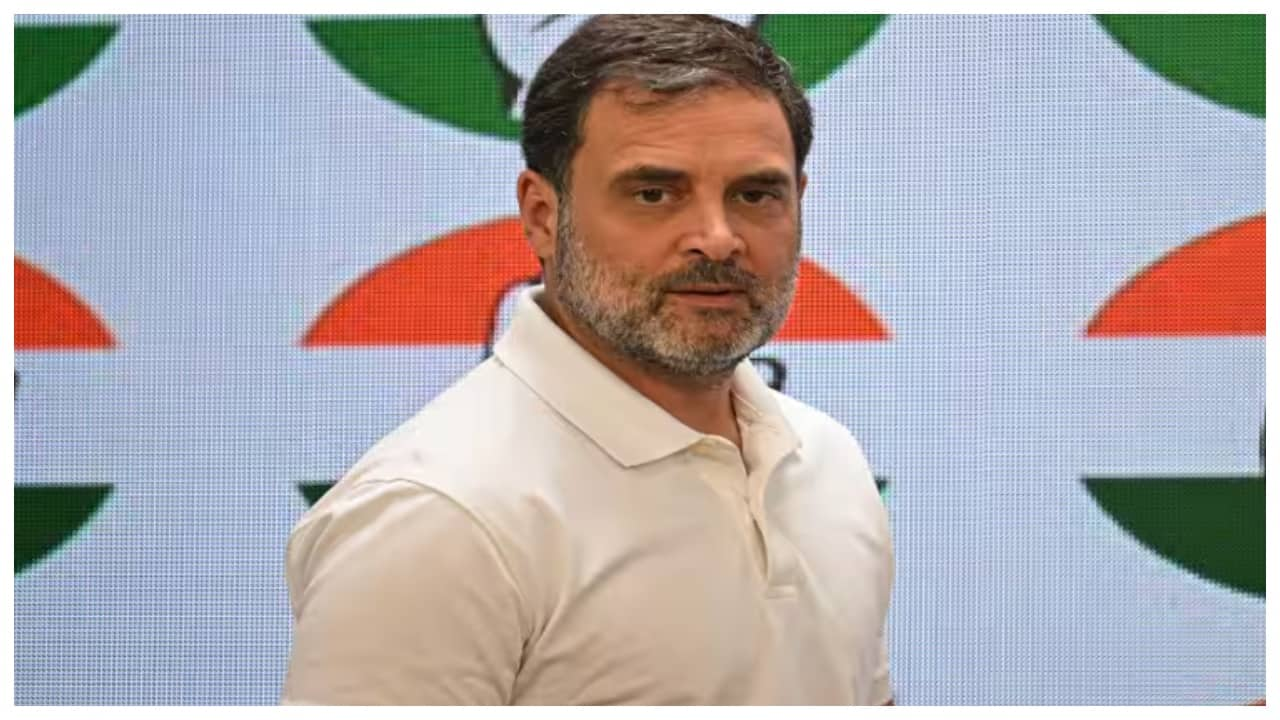
Manmohan Singh Fellowship Launches to Aid Professional Political Transition
In a significant development aimed at bridging the gap between professional expertise and political governance, the Indian National Congress has unveiled the Manmohan Singh Fellowship. This initiative seeks to foster a new generation of leaders equipped with both technical skills and political acumen, offering a unique pathway for professionals transitioning into the realm of politics.
The Vision Behind the Fellowship
The fellowship draws inspiration from former Prime Minister Dr. Manmohan Singh, renowned for his economic reforms and thoughtful leadership. His legacy serves as an ideal prototype for professionals seeking to impact governance positively. These new avenues will harness the untapped talents of professionals, helping to rejuvenate Indian politics with innovative ideas and practical solutions.
The Congress party understands the pressing need for policy makers who not only comprehend the intricacies of their respective professions but also appreciate the nuances of public service and democratic governance. The fellowship is a testament to this vision, providing an unprecedented platform for skilled individuals to engage in political processes.
Eligibility and Selection Process
The fellowship is open to individuals who have demonstrated significant expertise and leadership within their professions, be it finance, healthcare, technology, or social work. This diverse approach ensures that a wide range of skills and ideas can be introduced into the political arena.
Applicants will undergo a rigorous selection process that includes evaluations of their professional achievements and commitment to public service. The selection committee will also consider candidates' potential to contribute meaningfully to policy-making and governance, ensuring that only the most dedicated and capable professionals are chosen.
Program Structure and Training
Once selected, fellows will embark on an intensive training program designed to provide them with a comprehensive understanding of the political system. The curriculum includes workshops on legislative processes, public policy formulation, and political ethics, among others.
Participants will have the opportunity to engage with seasoned politicians, policy experts, and academicians who will mentor them through their transition. This exposure to diverse perspectives will be invaluable in shaping their approach to governance and leadership.
Real-World Exposure and Networking Opportunities
The fellowship emphasizes hands-on experience, allowing participants to work closely with elected officials and government bodies. These assignments will provide a real-world understanding of the challenges and intricacies of policy implementation, preparing the fellows for successful political careers.
Networking is another critical component of the program. Participants will have the chance to connect with like-minded individuals, creating a network of future leaders who can support and collaborate with one another long after the fellowship concludes.
Impact on Indian Politics
The introduction of the Manmohan Singh Fellowship holds the potential to significantly impact Indian politics, infusing it with fresh ideas and solutions derived from varied professional experiences. By broadening the pool of individuals involved in governance, the fellowship aims to cultivate a more dynamic, inclusive, and effective political environment.
In the long run, this initiative could contribute to closing the gap between citizens and their representatives, as leaders with professional backgrounds are likely to possess a deeper understanding of the issues facing ordinary people. This, in turn, could foster trust and enhance the government's ability to address public concerns.
Challenges and Future Outlook
While the fellowship presents an exciting opportunity, it is not without challenges. Transitioning from a profession to politics involves a steep learning curve and requires adapting to the complexities of public service. However, the comprehensive structure of the fellowship is designed to mitigate these challenges, providing participants with the support and resources needed to succeed.
Looking ahead, the success of the Manmohan Singh Fellowship could serve as a blueprint for other political parties, encouraging them to adopt similar initiatives. As the program matures, its impact on the political landscape will become more evident, potentially inspiring a new wave of professionals to consider careers in politics.
Conclusion
The Manmohan Singh Fellowship represents a groundbreaking approach to engaging professionals in Indian politics. By providing them with the tools, training, and exposure necessary for effective governance, the fellowship aims to reshape the political landscape with a cadre of skilled and knowledgeable leaders.
As these professionals bring their expertise to the political front, they bear the potential to drive meaningful change and contribute to the development of a more transparent and accountable governance system. The journey from professional expertise to political leadership, as envisioned by the Manmohan Singh Fellowship, promises a future where innovation meets public service for the betterment of society.


